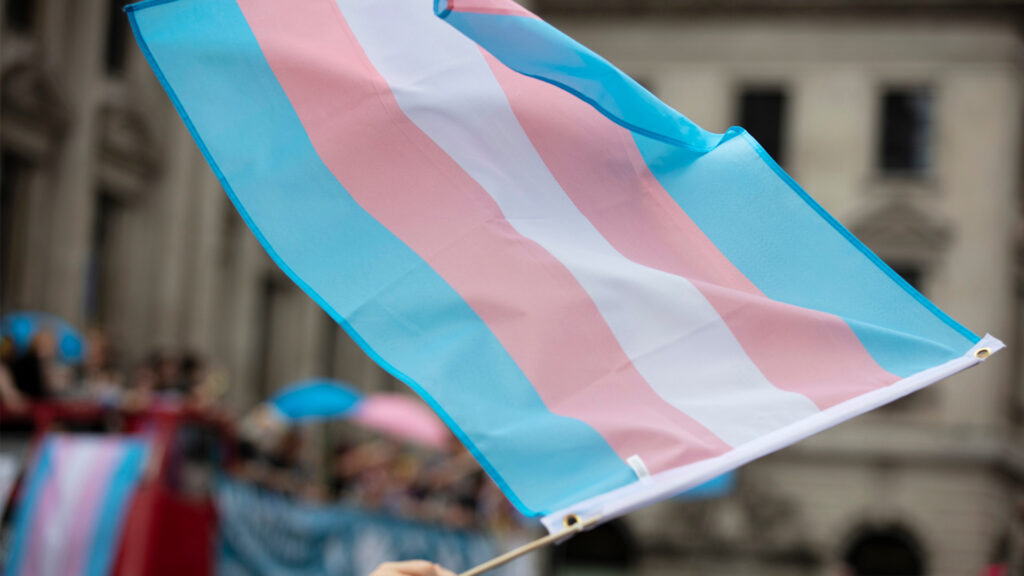The £36 cake, which has since spiraled into litigation estimated to have cost £500,000 over the course of 7 years, has travelled through Northern Irish and UK domestic courts but again found itself perched on the cake stand in court this week. This time at the European Court of Human Rights (ECHR).
Gareth Lee was initially successful in arguing that he had been directly discriminated against on the grounds of sexual orientation at the County Court and then later at the Northern Ireland Court of Appeal, who upheld the decision to award him £500 of damages.
In 2018, and following an appeal by Ashers, the UK Supreme Court overturned this decision, ruling that Gareth Lee had not been directly discriminated by Ashers. They provided clarification on what constitutes as ‘direct discrimination’ within the meaning of the Equality Act 2010, stating that an individual must be treated less favourably because of a protected characteristic. It was found that had Gareth Lee not been gay, Ashers still would have refused a request by a hypothetical non-gay customer to decorate the cake with a message supportive of gay marriage. Therefore, it was held that the message is what Ashers objected to, as opposed to Gareth Lee himself, so did not meet the legal definition of direct discrimination.
Lady Hale stated that ‘the bakers could not refuse to supply their goods to Mr Lee because he was a gay man or supported gay marriage, but that is quite different from obliging them to supply a cake iced with a message with which they profoundly disagreed.’ We previously provided a detailed article on the implications of the Supreme Court ruling back in October 2018.
On Thursday 6 January 2022, it appears the claim has come to a sticky end as the ECHR refused to reconsider the decision by the UK Supreme Court which was that the £500 damages previously imposed on Ashers should be overturned. In appealing the UK Supreme Court’s decision, Gareth Lee argued that the refusal to decorate the cake in support of gay marriage was an infringement of his rights under the European Convention of Human Rights.
In another important lesson for prospective claimants and lawyers alike, the appeal was dismissed primarily because Gareth Lee had not invoked any human rights arguments at any point during the domestic proceedings in Northern Ireland and the UK Supreme Court. The ECHR judges added that ‘the Convention arguments must be raised explicitly or in substance before the domestic authorities’. Therefore, if prospective claimants want to rely on human rights, they should invoke them from the outset.




